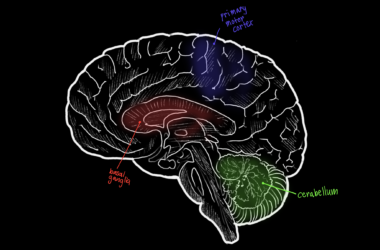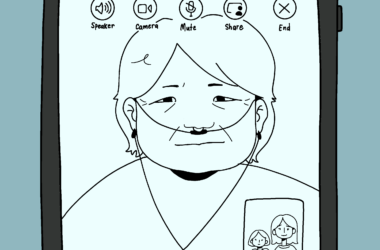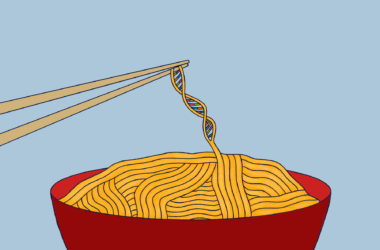A 2020 study on jargon published in the Journal of Language and Social Psychology found that not only did using more jargon harm levels of understanding among lay people, but it also decreased their engagement with the material and their subjective sense of identification with the scientific community at large. Interestingly, it appears that jargon is not just a barrier for the general public: A 2021 study on citation patterns across 21,486 biology papers found that the amount of jargon in a paper’s title was negatively correlated with the number of citations it received. Taken together, it is clear that jargon may be a barrier to communication for both experts and lay people. Consequently, there is a growing movement to make scientific writing more readable—for example, by developing ‘lay summaries’ for new research in addition to abstracts.
However, here in the ivory towers of the McGill campus, scientific jargon is not going anywhere anytime soon. In the meantime, let’s take a look at how different fields choose their jargon—and see if we can find some disciplines that fare better than others…
Mathematics
At least mathematics makes things simple for students: If you forget the name of a formula, theorem, or identity, there is a good chance it is named after a dead white guy, and there is a good chance that dead white guy is Euler. To be fair, they do often have fun names—Bernoulli was always a personal favourite, not to mention Cauchy and Schrödinger—but it can get hard to keep track of them all after a few years. When in doubt, though, guess Euler.
Linguistics
Ah, linguistics—as the only discipline on this list whose experts should theoretically be able to use human language to communicate with others, you would expect this to be an easy victory. Nowhere is the linguist’s mantra, “we study languages, we don’t speak them,” more on display than in their technical terminology. On the one hand, there’s an overflow of extremely precise, opaque concepts: Welcome to the study of specificational copular sentences, overgeneralizations of dative altemation, and early left-anterior negativity. On the other, we step out of the office and into a place of surprising, wanton sex and violence. Here we have bleeding and counter-bleeding, sisters dominating sisters, clauses binding poor, defenceless pronouns, and PPs—prepositional phrases—searching for verbs to “fill their slots.” Despite the professional shell of linguistic terminology, the inner world of a syntax tree is a dark and dangerous place.
“RobusTAD: reference panel based annotation of nested topologically associating domains”
Biology & Anatomy
As a Classics minor, I have always appreciated life science’s penchant for Latin names, even if they are the bane of every first-year biology student as they frantically memorize body parts and taxonomical kingdoms the night before their final exams. At the same time, these Latin terms are part of a legacy of an elite, patriarchal approach to life sciences that has only begun to change in the last fifty years. Look no further than the jargon for the female body—the fallopian tube and the G-spot are just two examples of many of male doctors’ names that remain attached to female anatomy.
“On Learning Whittle Index Policy for Restless Bandits With Scalable Regret”
Computer Science
Although it was somewhat of a dark horse in this competition, computer science, and in particular algorithm studies, has an unexpected knack for finding vivid metaphors for thorny abstract concepts. Restless bandits? Regret? We are more in the realm of a fantasy novel than an academic paper, and after the other fields, it is a welcome break from the slew of four-syllable Latinate terminology. Do I know what any of it means? Not at all—but colour me intrigued.









